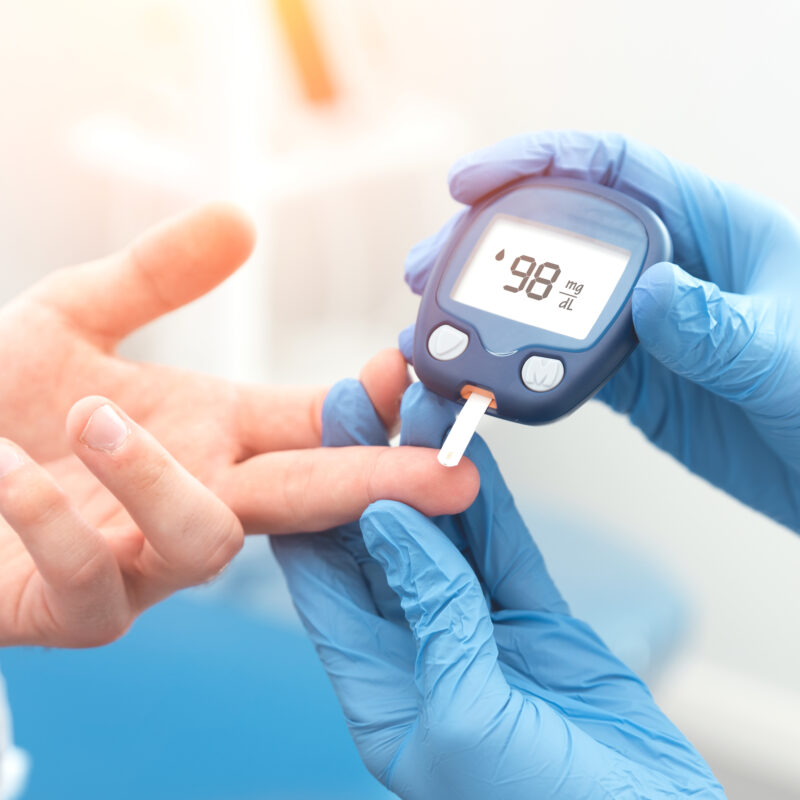Hypertension, commonly known as high blood pressure, is a condition that, when left untreated, can have serious consequences throughout the body. Prolonged high blood pressure can lead to damage in vital organs such as the heart, brain, kidneys, and eyes. Complications associated with hypertension include heart disease, heart attack, and stroke. It is essential to monitor your blood pressure regularly and attend annual physical examinations to maintain your overall health and well-being.
Measuring Blood Pressure:
Blood pressure is measured using two numbers: systolic blood pressure and diastolic blood pressure. Systolic blood pressure represents the pressure in the arteries when the heart beats, while diastolic blood pressure reflects the pressure in the arteries when the heart is at rest between beats.
According to the American Heart Association’s 2017 guidelines, blood pressure is classified as follows:
Normal Blood Pressure: Less than 120/80
Elevated Blood Pressure: 120/80 to 129/80
High Blood Pressure: 130/81 or higher
Managing Hypertension:
Treatment for hypertension may not always require medication. Making positive lifestyle changes can help reduce blood pressure levels and bring them within a normal range. Some recommended lifestyle modifications include:
Engaging in regular physical activity: Aim for at least 150 minutes of moderate-intensity exercise per week, equivalent to about 30 minutes a day, five days a week.
Avoiding smoking: Quitting smoking or avoiding tobacco use altogether can have a positive impact on blood pressure and overall health.
Adopting a healthy diet: Emphasize a balanced diet that is rich in fruits, vegetables, whole grains, lean proteins, and low-fat dairy products. Limiting sodium (salt) and alcohol intake can also be beneficial.
Maintaining a healthy weight: Achieving and maintaining a healthy weight can significantly improve blood pressure levels and overall cardiovascular health.
Managing stress: Implementing stress management techniques, such as mindfulness exercises, relaxation techniques, or seeking support from a mental health professional, can help lower blood pressure.
Taking Control of Your Physical Health:
We at Balance Psychiatric Services are dedicated to helping individuals effectively manage their hypertension. Our healthcare professionals provide comprehensive evaluations, personalized treatment plans, and guidance tailored to your specific needs. By making informed decisions and adopting a proactive approach to your health, you can effectively control your blood pressure and reduce the risk of complications associated with hypertension.
Take the first step towards managing your blood pressure by scheduling a consultation with our healthcare professionals. Together, we can work towards achieving optimal blood pressure levels and promoting your overall well-being.







